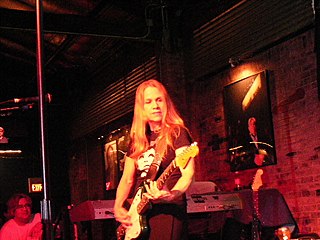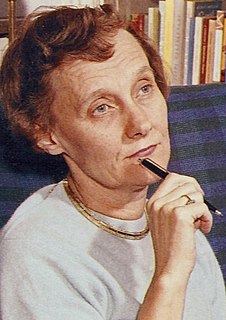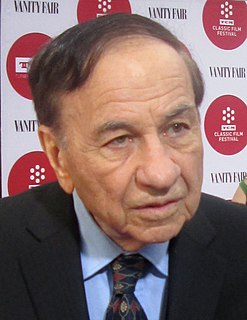A Quote by Kate DiCamillo
Alison [McGhee] and I have known each other since the summer of 2001. One evening we were sitting around talking about how we wished we had a good story to work on. Alison said: Why don't we work on a story together? I said: A story about what? And Alison said: A story about a short girl and a tall girl.
Related Quotes
I was over at Alison's [McGhee], I think we were playing Scrabble. I remember we were both complaining - yeah, we sound like whiners - about how hard writing is, and how we didn't have a story to work on. Alison said, 'Why don't we work on writing something together,' and I said, 'Eh, I don't know if I could work that way.' She said, 'Well, just show up here and we'll see,' and I said, 'Well, what would it be about?' She said, 'Duh, it'd be about a tall girl and a short girl.' So I agreed to come and try it for a day.
The thing I always guard against when I'm talking to people I'm working with about a script is that there's a thing I don't like and it's called "talk story." It's when you're talking about the story; the characters are tasked with talking about the story instead of allowing the audience to experience the story.
As the children were sitting there eating pears, a girl came walking along the road from town. When she saw the children she stopped and asked, "Have you seen my papa go by?" "M-m-m," said Pippi. "How did he look? Did he have blue eyes?" "Yes," said the girl. "Medium large, not too tall and not too short?" "Yes," said the girl. "Black hat and black shoes?" "Yes, exactly," said the girl eagerly. "No, that one we haven't seen," said Pippi decidedly.
A story is a way to say something that can't be said any other way, and it takes every word in the story to say what the meaning is. You tell a story because a statement would be inadequate. When anybody asks what a story is about, the only proper thing is to tell them to read the story. The meaning of fiction is not abstract meaning but experienced meaning.
[A businessmen in plane after 9\11] asked me, "What are you working on now?" And I said I was writing a story about a mouse who tries to save a princess. I was mortified. Here the world is falling down around us, and I'm trying to tell the story about a mouse who saves a princess. I said "It doesn't matter at all now."


























